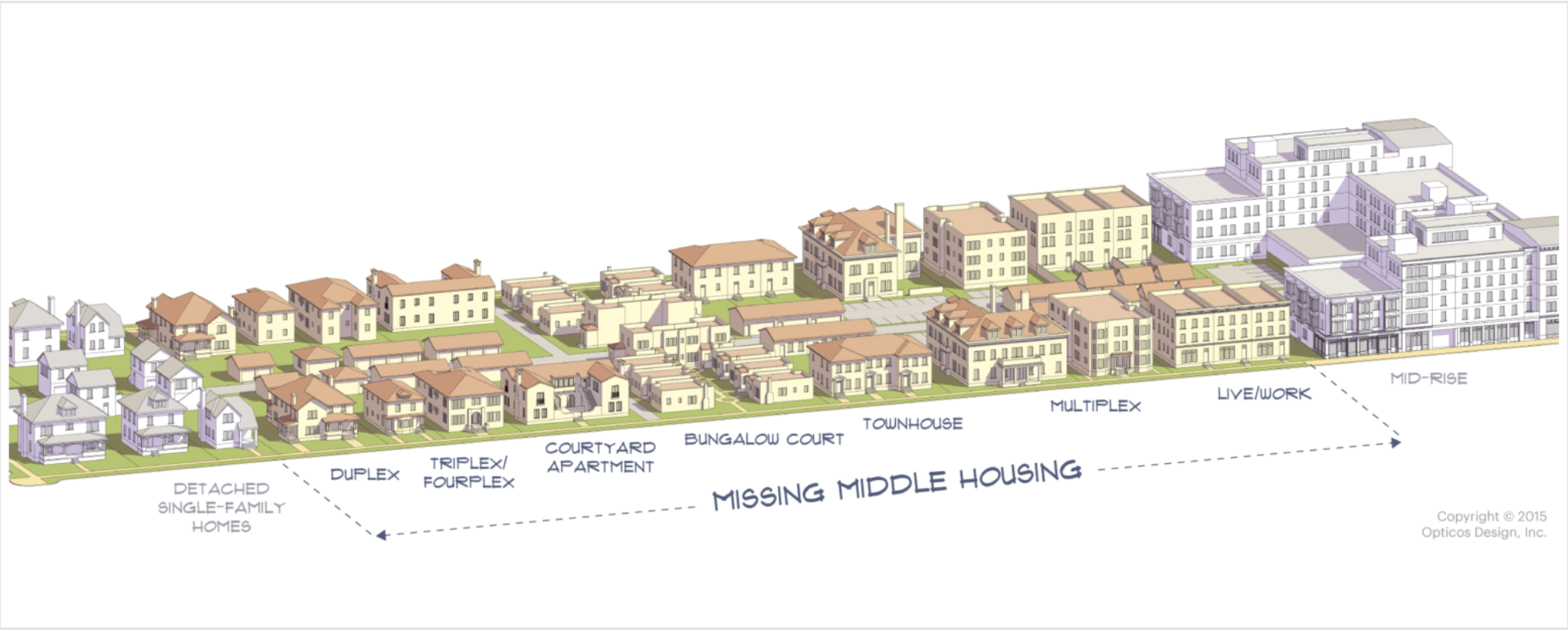Fairfax County is holding a virtual public meeting on June 30th at 6:30 pm on its Richmond Highway Bus Rapid Transit (BRT) and wants to hear from you. County staff will share the latest roadway design and next steps for the BRT station design. You can ask questions and offer input during the meeting, or provide feedback via an online survey through July 9th.
The proposed BRT line and bicycle and pedestrian improvements will offer cleaner transportation options; improve access to jobs, especially for lower-income workers; and support walkable, transit-oriented communities. But we need to get it right!
Here are CSG recommendations to make the BRT plans safer, more equitable and better for the environment:
- Design the Overall Corridor for a 35 MPH Speed Limit – Physically designing the roadway for 35 mph by narrowing travel lanes would help reduce speeding, allow for smaller buffers within the right of way, and minimize the crossing distances for pedestrians.
- Provide Adequate Number of Safe Crossings – Fairfax County must ensure safe at-grade crossing options at intervals that are reasonable for pedestrians.
- Ensure Affordability BRT – The BRT system will help improve access along the corridor but it must be affordable for those who need it most.
- Use Clean Fuel Buses – The county should invest in a BRT that runs on electricity or even hydrogen fuel cells instead of fossil fuels to reduce greenhouse gas emissions and improve air quality.
- Underground the Wires – Placing utilities underground would improve electrical reliability, allow for larger shade trees and improve the aesthetics of the corridor.
Don’t miss this opportunity to learn more and speak up for a safer, more accessible Richmond Highway. Check out the project website here for more information about the project, review proposed designs, and provide your feedback by July 9th.




